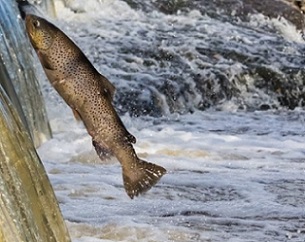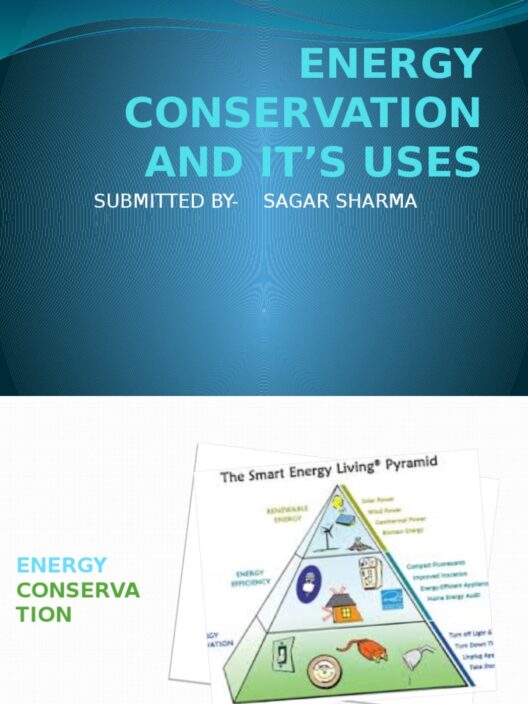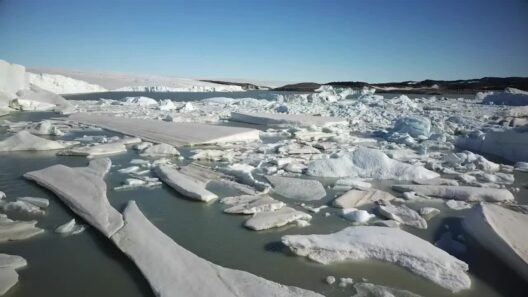Freshwater resources are dwindling at an alarming rate, and global warming is a principal antagonist in this unfolding crisis. The notion that water is an infinite resource is a fallacy; freshwater constitutes merely three percent of all the water on Earth, and only a fraction of that is readily accessible for human consumption. As the planet continues to warm, the delicate balance of our freshwater ecosystems is disrupted, leading to dire consequences for both human populations and wildlife.
Evidence indicates a pressing deterioration of freshwater habitats, with many species facing extinction due to climatic alterations. The destabilization of these environments is evident in fluctuating water temperatures, changing precipitation patterns, and increased occurrence of extreme weather events. This perilous situation not only threatens biodiversity but also endangers the very lining of our water supplies, impacting agriculture, drinking water availability, and the overall ecological health of regions heavily reliant on freshwater.
The intricacies of freshwater systems operate like an elaborate web, with each species and element interconnected. Fish, for instance, play a vital role in the ecological equilibrium of freshwater systems. Their decline often signals the unraveling of entire ecosystems. Recent reports have illuminated the shocking drop in migratory freshwater fish populations, highlighting a broader pattern where climate change exacerbates the pressures of overfishing, pollution, and habitat destruction. The encroachment of urban development on natural waterways further complicates this intricate web, severing connections critical for maintaining a viable gene pool within aquatic species.
As temperature rises, warmer waters can host fewer dissolved oxygen levels, making survival increasingly difficult for many fish species. This phenomenon creates a vicious cycle; as fish populations decline, local fisheries suffer, threatening food security for communities that depend on these resources. Additionally, shifting seasonal patterns disrupt spawning and reproductive cycles, leading to diminished numbers in future generations.
The ramifications of freshwater depletion extend into the realm of agriculture as well. Agriculture constitutes the largest sector of freshwater withdrawal globally, and as climate conditions fluctuate, crop yields become increasingly precarious. Erratic rainfall patterns induce droughts, and extreme weather events bring forth flooding, both of which can devastate crop production. The result is an intensified competition for water resources, pitting agricultural needs against urban demands, ultimately jeopardizing food systems and economic stability.
Moreover, the human population continues to burgeon, escalating the pressure on already stressed freshwater resources. Urbanization exacerbates this challenge, as cities expand into previously untouched areas, leading to increased water consumption and pollution. The run-off from urban settings often finds its way into water sources, further contaminating the precious freshwater supplies and straining sewage systems. The irony lies in the fact that while urban centers grow, the quality and availability of water diminish, creating a paradox of abundance and scarcity.
The social implications of freshwater scarcity are profound. Access to clean water is a fundamental human right, yet millions of people worldwide lack reliable access to safe drinking water. Disparities in access often correlate with socioeconomic status, underscoring the injustice that arises from environmental degradation. Vulnerable communities bear the brunt of water shortages, facing health complications and increased economic burdens due to the need to source affordable and safe drinking water.
Beyond these immediate concerns lies a broader, philosophical contemplation about our relationship with nature. Freshwater, often taken for granted, epitomizes the interconnectedness of life on Earth. The realization that our actions contribute to ecological decline beckons a re-evaluation of our individual responsibilities. It promotes a shift towards sustainable practices, urging humanity to be custodians rather than exploiters of these fragile resources.
Solutions to counteract the impending freshwater crisis must be multifaceted and implemented at local, national, and global levels. Strategies could encompass integrated water resource management that emphasizes conservation practices, restoration of natural ecosystems, and stringent regulations against pollution. Significant investment in research and technology can develop innovative methods for water purification and recycling, as well as advancing agricultural techniques that require less water.
Moreover, advocacy for policies that mitigate climate change is critical. By addressing the root cause of the crisis—global warming—society can implement measures to reduce greenhouse gas emissions and foster a more sustainable relationship with the environment. There is a pressing need for collaborative frameworks that bring together governments, organizations, and individuals in a concerted effort to safeguard freshwater resources.
In recognizing the depth of our freshwater crisis, an urgent, collective action emerges. It fosters discussions on conservation, sustainability practices, and the environmental stewardship each individual can embody. The threat posed by global warming to our freshwater supplies is not an isolated issue; it is intricately woven into the broader tapestry of life, with implications for every being that requires water for survival. Protecting freshwater resources is not merely an environmental obligation; it is a moral imperative, one that will determine the health of the planet and the future of generations to come.








